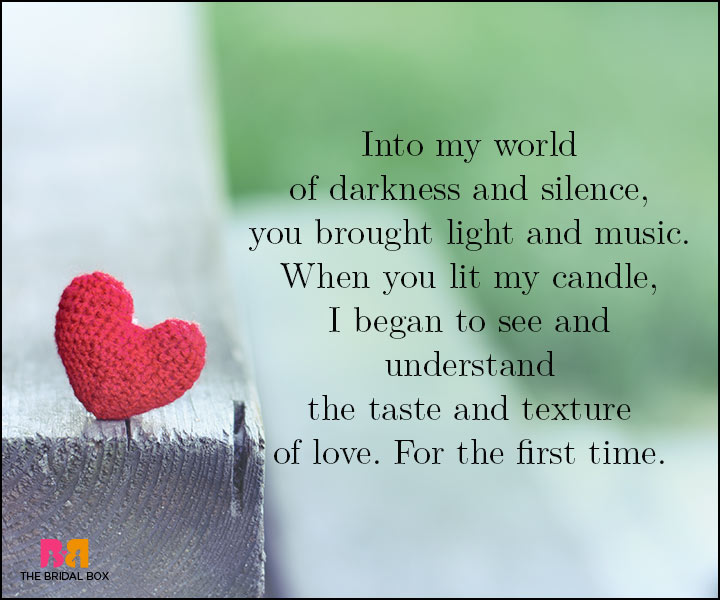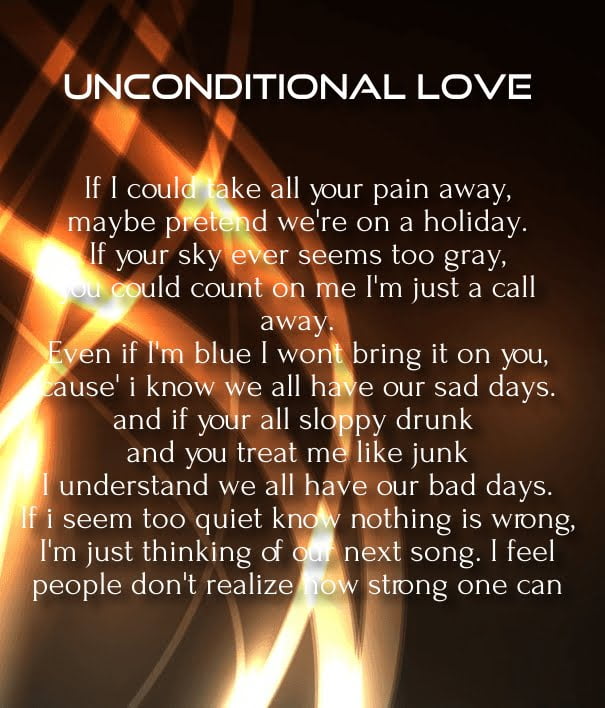

Plus, it's an argument against the sort of "rude, irrelevant" truths that biographers seek versus the truths that transcend facts and figures. It's so evocative, and I can hear the music playing over the words. I love this poem about the relationship between Johannes Brahms and Clara Schumann. But what really catches me is the epic nature of this love poem that somehow finishes with, "The memories of all loves merging with this one love of ours - / And the songs of every poet past and forever." I mean, that's going big, right? Personally, I'm drawn to a good refrain in a poem. Apparently, Audrey Hepburn's favorite poem was written by this Bengali poet. " Unending Love," by Rabindranath Tagore.In this poem, Duffy offers her valentine an onion, "a moon wrapped in brown paper." But as Duffy continues, an onion "blinds you with tears" and ultimately "Its scent will cling to your fingers, / cling to your knife." In this poem (another sonnet!), Millay compares looking her beloved's face to looking upon the blinding light of the sun-which is both a compliment and a punishment. But when I finally did start reading her poetry, I was swept off my feet. I never studied Millay in school and remained outside her orbit for a long time. " When I Too Long Have Looked Upon Your Face," by Edna St.Also, it's hard to ignore the sonnet continually popping up on this list as if it's a poetic form made for love. One aspect of Neruda's poems that I love is the leaps of logic he takes in eating "the sunbeam flaring in your lovely body" and becoming himself a puma. Ever since I first read The Captain's Verses, I've been a fan of Neruda's love poems. This poem is filled with sentiment, but he uses his unique literary conventions to make the poem fresh.

One of the first poets I read in my teenage years that wasn't tied to a school assignment, I've always had a soft spot in my heart for cummings. And it finishes on, "If this be error and upon me proved, / I never writ, nor no man ever loved." (By the way, the link for this sonnet has some interesting analysis under the poem.) In it, Shakespeare says what love is by examining what it is not. So many great sonnets could've made this list, but this is a favorite of mine. " Sonnet 116," by William Shakespeare.The poem is about love remembered and turns on the line, "But one man loved the pilgrim soul in you." Bittersweet, this poem ends with Love fleeing and hiding "his face amid a crowd of stars." " When You Are Old," by William Butler Yeats.It begins, "How do I love thee? Let me count the ways." And well, the rest of this sonnet counts the ways, ending with, "I shall but love thee better after death." Loving beyond this life is pretty epic. " How Do I Love Thee?," by Elizabeth Barrett Browning.


 0 kommentar(er)
0 kommentar(er)
